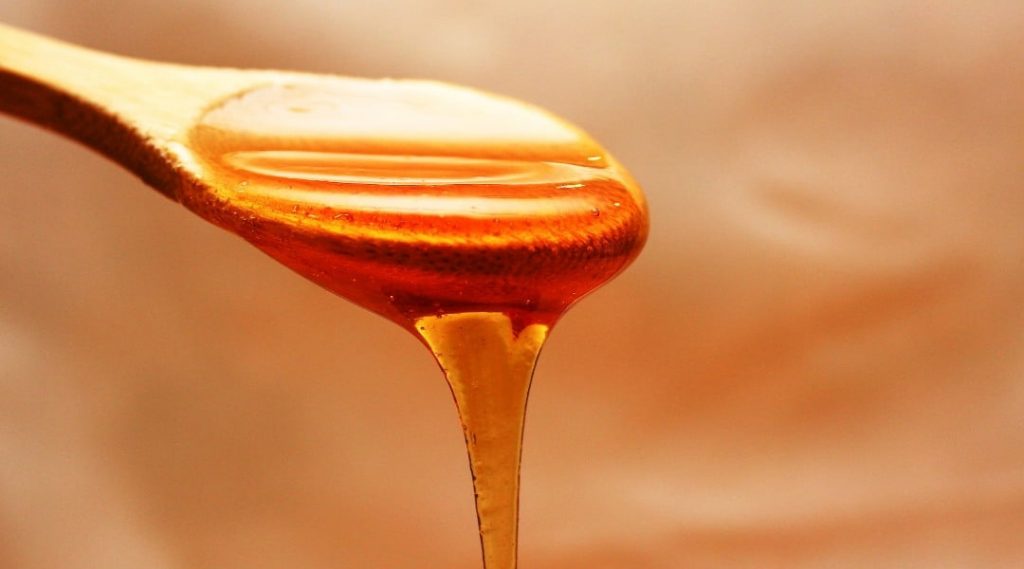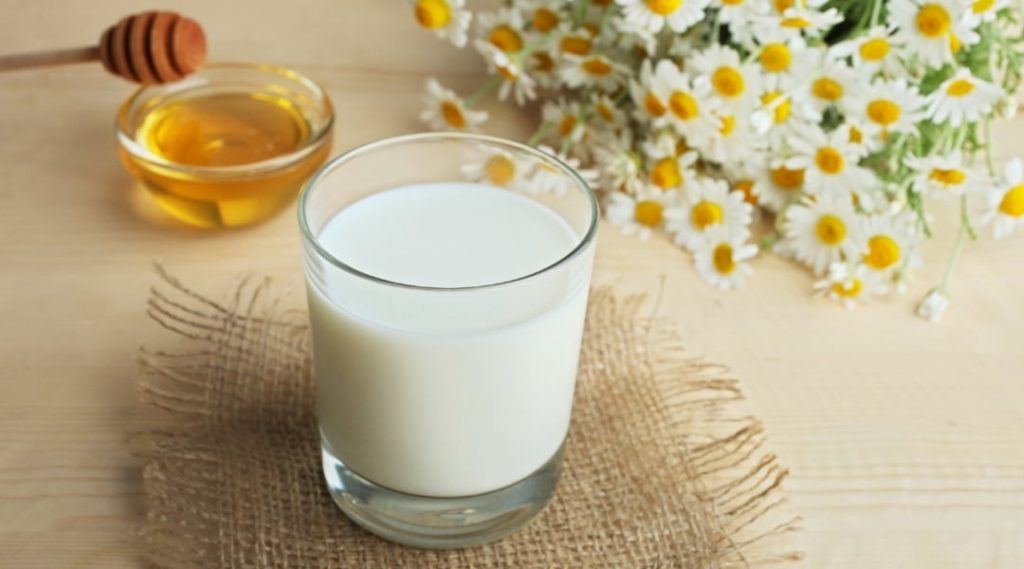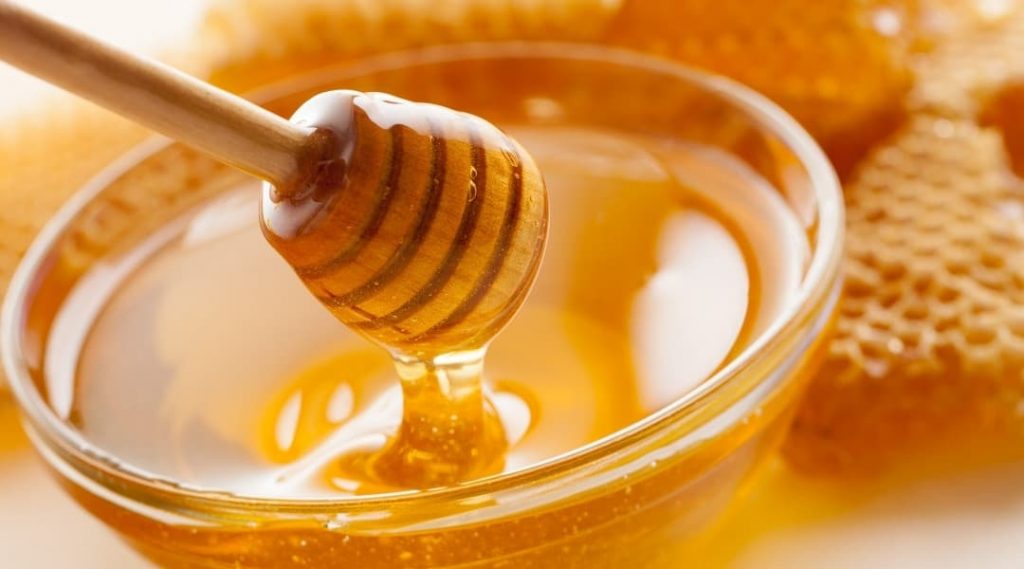Therapeutic honey has been the subject of study for many years by scientists and botanists. It has always been considered as an antioxidant product, which protects and helps to strengthen our body.
It is also known for being a natural sweetener and for its beneficial properties, but can it really be considered a therapeutic treatment?
The truth is that honey has been a great debate for scientists and specialists when it comes to contrasting information on its therapeutic use.
The truth is that honey has been a great debate for scientists and specialists when it comes to contrasting information on its therapeutic use.
Use of honey in the treatment of wounds
Honey can find its way into your medicine cabinet as an antibacterial wound ointment.
It is a natural antibacterial that our ancestors already used. They already knew that honey prevented infections and that it helped to heal wounds, although they did not know exactly why.
Honey has always been used to aid the healing of infected wounds and superficial burns free of infections.
What is it about honey that is so beneficial for healing scars? Its viscosity, water content, sugars (mainly glucose and fructose), antioxidants, glucose oxidase, responsible for hydrogen peroxide and a large amount of vitamins and minerals.
Both hydrogen peroxide and honey’s high osmolarity prevent bacterial growth.

Honey as a therapeutic treatment for coughs and colds
Everyone has ever taken the home remedies of honey with lemon, milk with honey or with an infusion to soothe the throat and calm the cough. It always helped us get through those bad times, but how effective are these remedies?
Therapeutic use of honey to treat cold symptoms
An Oxford study published in the British Medical Journal concluded that honey is a superior therapeutic remedy to many common treatments in relieving symptoms of upper respiratory tract infections.
The study followed 1,345 patients in 14 trials, focusing on patients with upper respiratory tract infections, that is, with discomfort in the nose, mouth and throat.
The results of these trials were very clear: honey is a perfect therapeutic treatment for these infections. Not only did it help ease symptoms, it also accelerated many patients’ recovery without the help of chemically-derived medications.
Honey has great therapeutic potential, from which we can benefit to prevent and treat catarrhal processes.
The most suitable for treating colds and colds is eucalyptus honey. It has a dark color and a strong flavor, and is produced by bees when they process the nectar of its flowers.
There are different ways to use honey to stop colds:
- Diluted in hot milk: Especially where there is no excess mucus, since dairy products can intensify the amount of mucus.
- Diluted in hot water: Gargle with a mixture, in which the lemon juice will be mixed if we want to provide our body with vitamin C.
- Directly ingest a tablespoon of honey.
Honey can relieve symptoms such as sore throat, pharyngitis and tonsillitis, being of great help in reducing inflammation or pain.

Honey as a therapeutic remedy for insomnia
We are not only talking about a delicious food full of vitamins and minerals, it is also a natural therapeutic treatment against insomnia that will help us relax, rest better and prevent our mind from wandering when we want to fall asleep.
It is considered a great treatment against insomnia due to its high content of omega 3 fatty acids and its sugars that naturally increase insulin levels.

Antibacterial and antioxidant action of honey
The antibacterial action of honey can be a great treatment when it comes to eliminating infections by coming into contact with the most harmful bacteria for our body.
On the other hand, the antioxidant activity of honey protects our body against any type of free radical damage. These are formed from many sources, which include pollution, radiation and our own metabolism.
Therefore, we could say that the daily consumption of honey is an anti-aging therapy.
How are our defenses strengthened with honey?
Honey is also perfect to strengthen our defenses day by day. This is due to its content of vitamins and minerals, while in turn it facilitates the assimilation of calcium and magnesium in our body.
In the composition of honey, sugars, organic acids (phosphorus, lactic …) vitamins (C, B1, B2, B3, B5) stand out, folic acid, minerals such as calcium, silicon, magnesium, zinc … And essential amino acids, phospholipids and many other compounds that help us keep our defenses strong.
You already know that honey has true therapeutic uses, put a little honey in your day to day and enjoy its benefits.
You may also be interested in:


